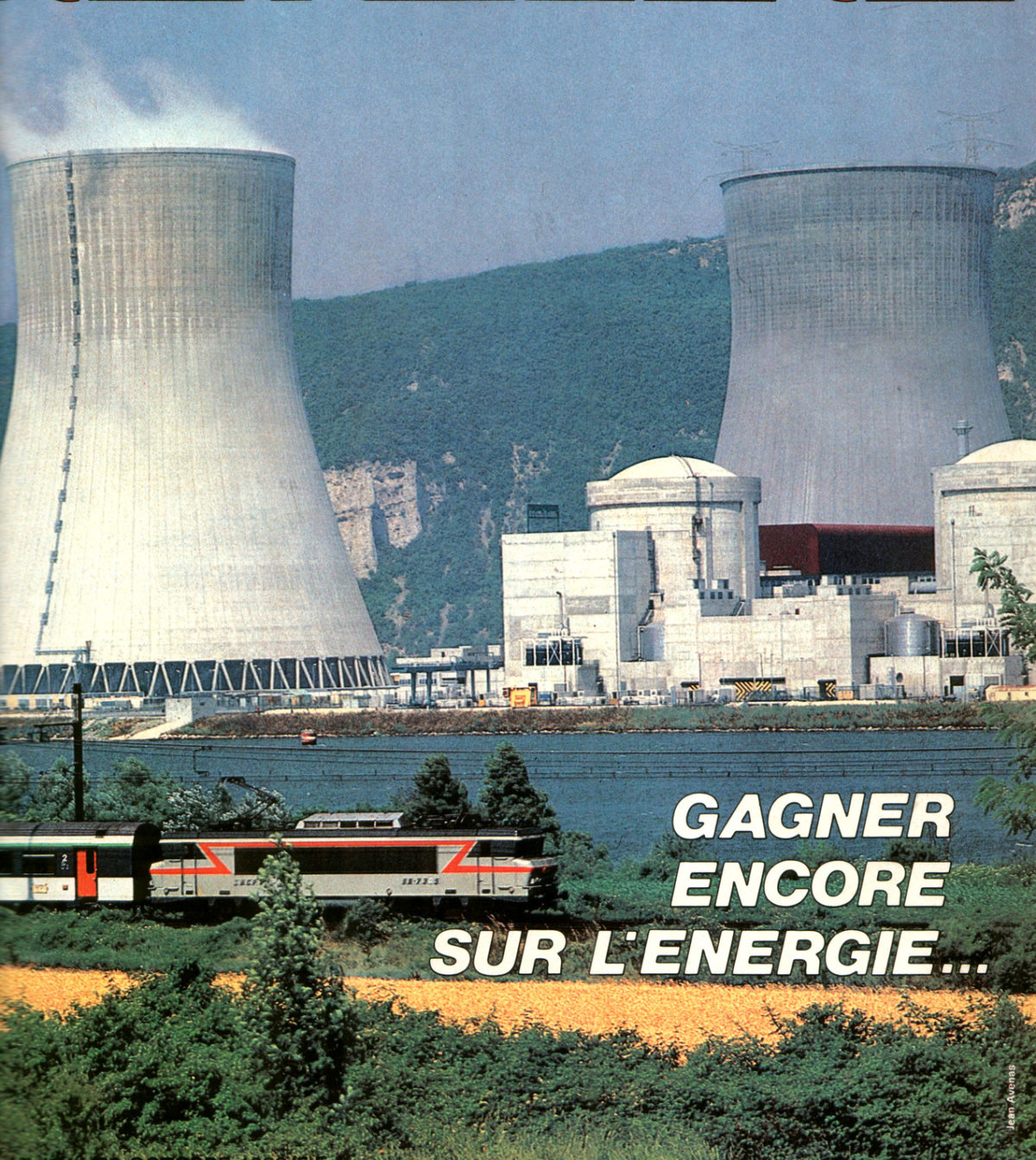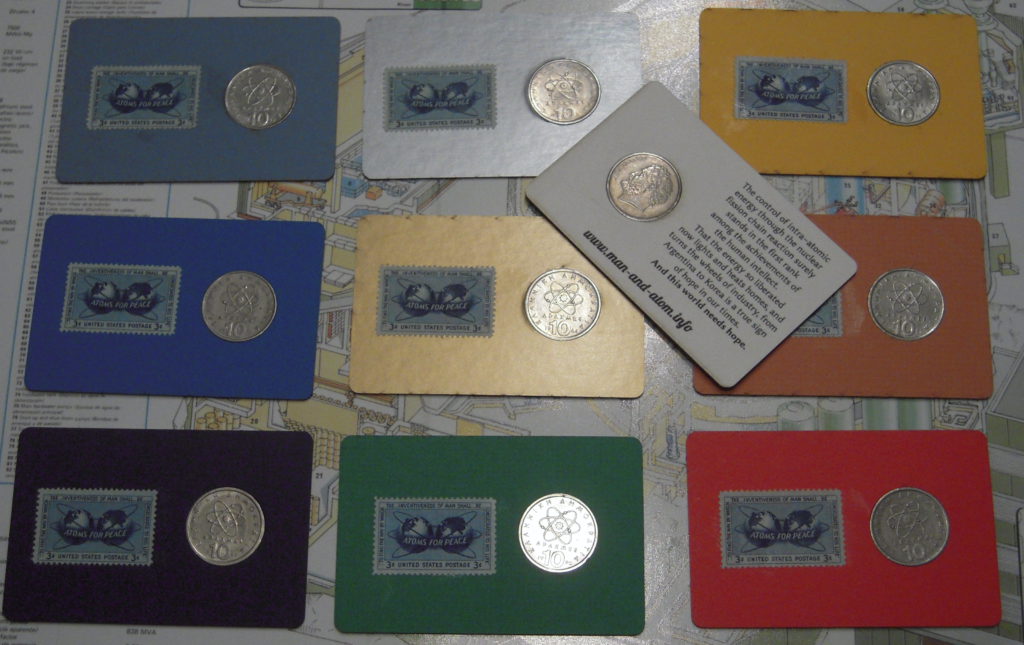What is good in life? (wrong answers only) — oaths of fealty, and the question of how far self–interest actually predicts human motivations — immigration, and what it has to do with Don Quixote. And the Preamble and Chapter I of the Charter of the United Nations, for those requiring a refresher.
- Archive Recording
- 2024 ASFO Masterpost
- A Step Farther Out Masterpost
- Previous Week
- Following Week
- Patreon campaign
Supplementary Show
- 2024–11–12 Dulce et Decorum Est by Wilfred Owen ; the Preamble and Chapter I of the Charter of the United Nations ; the Universal Declaration of Human Rights ; and some material from a US Government publication entitled The Treaty of Versailles and After, including the resolution of 18 April 1946 for the dissolution of the League of Nations.
- 2024–11–15 More from the annotated Treaty of Versailles, specifically the Covenant of the League of Nations.


